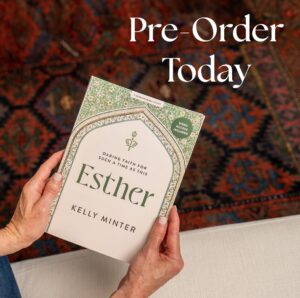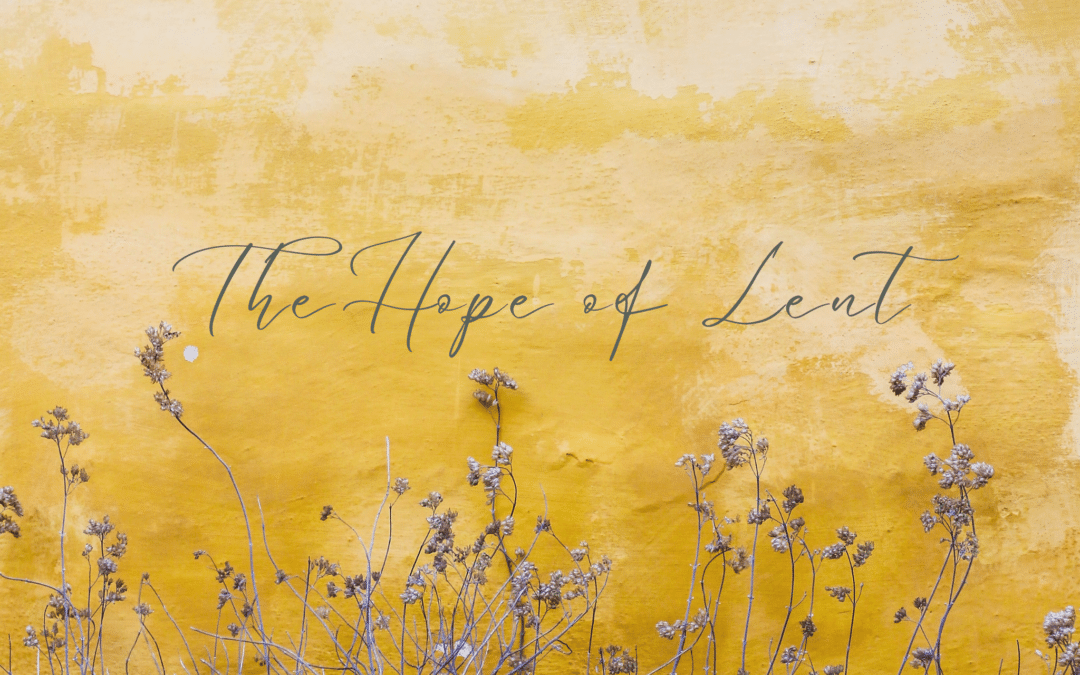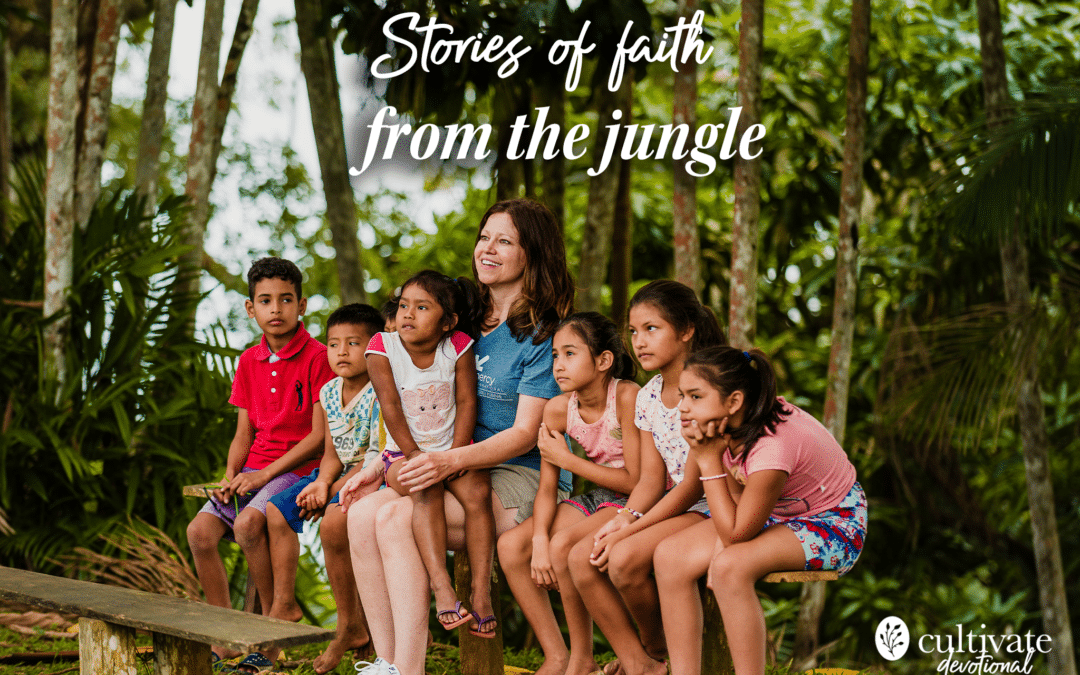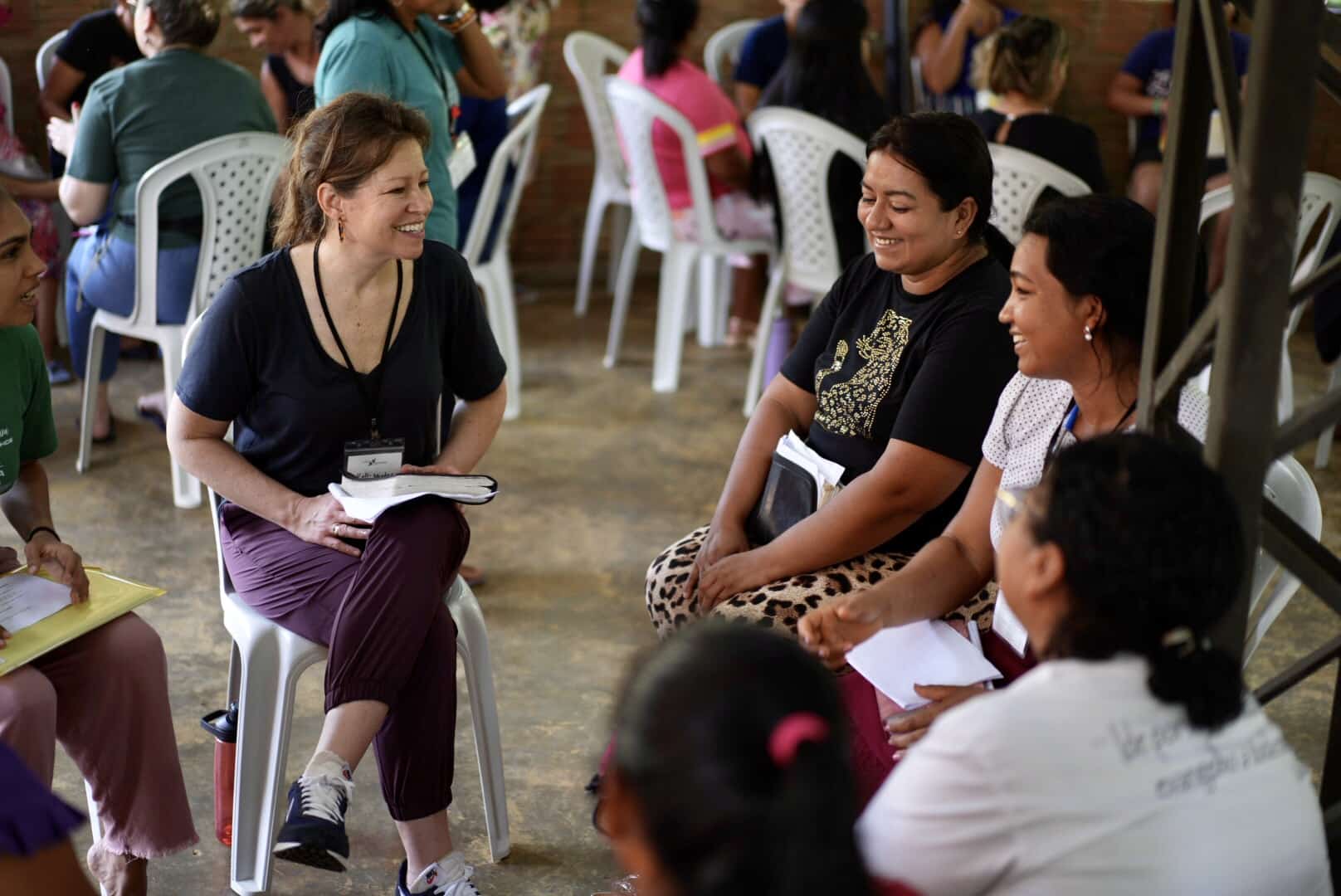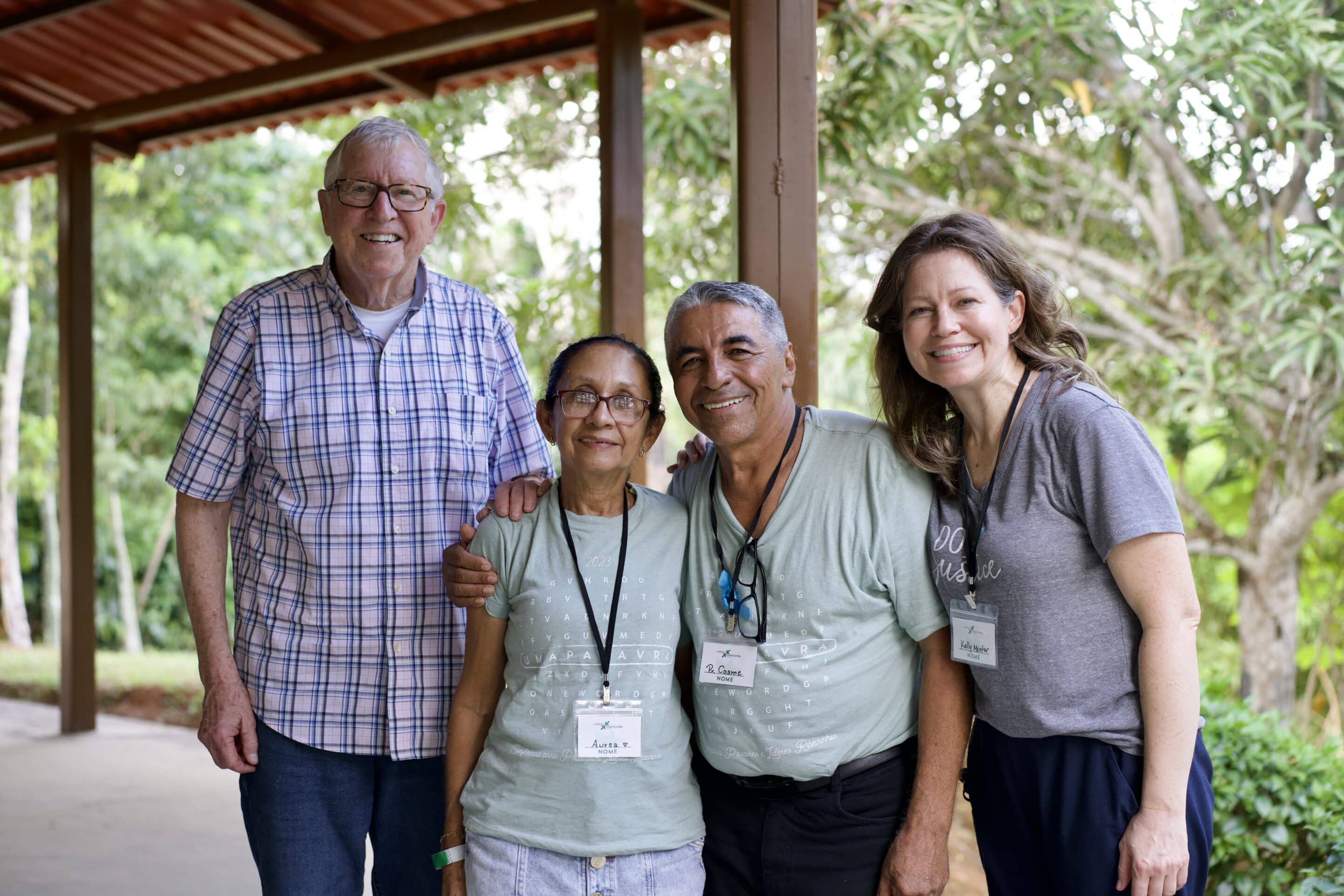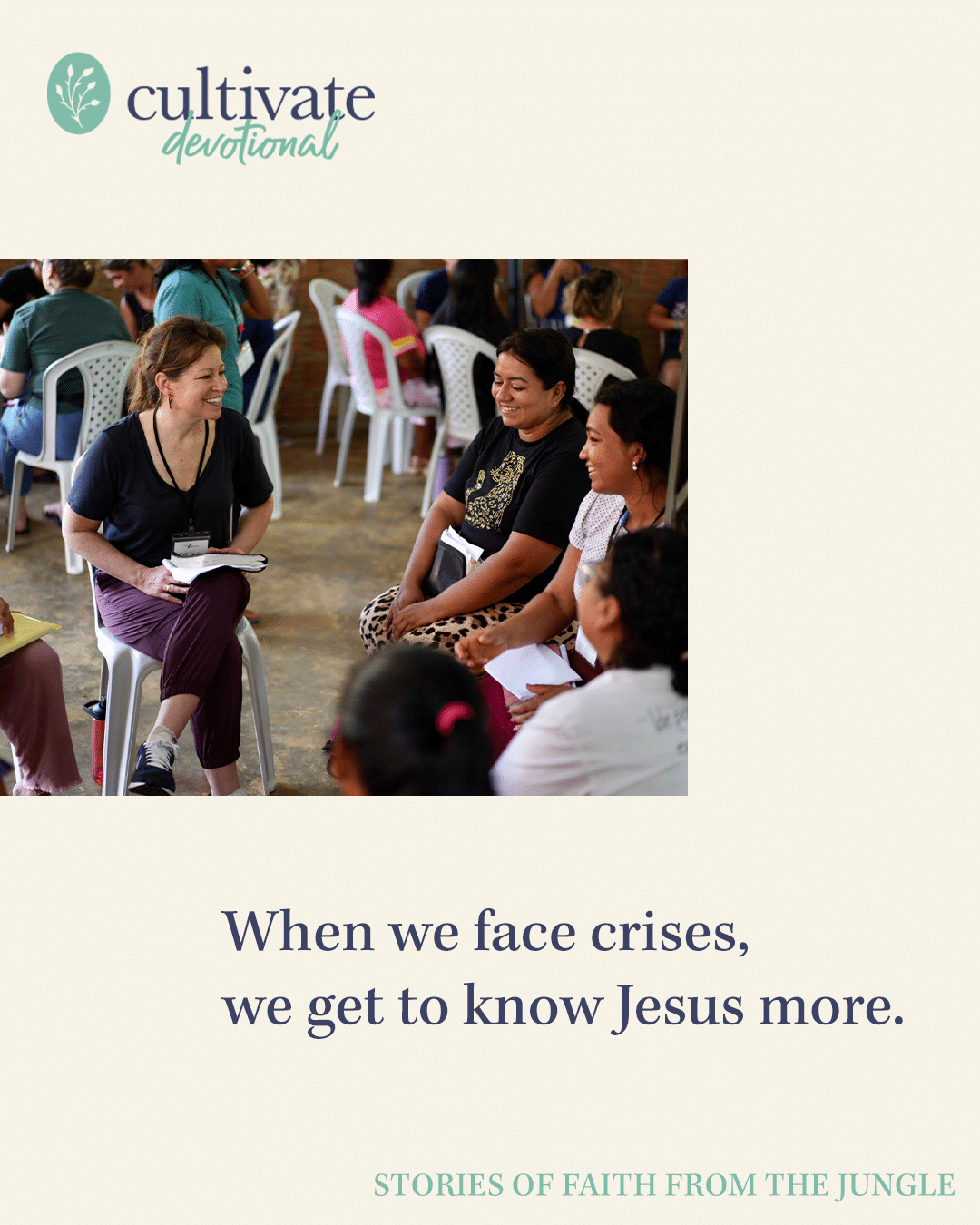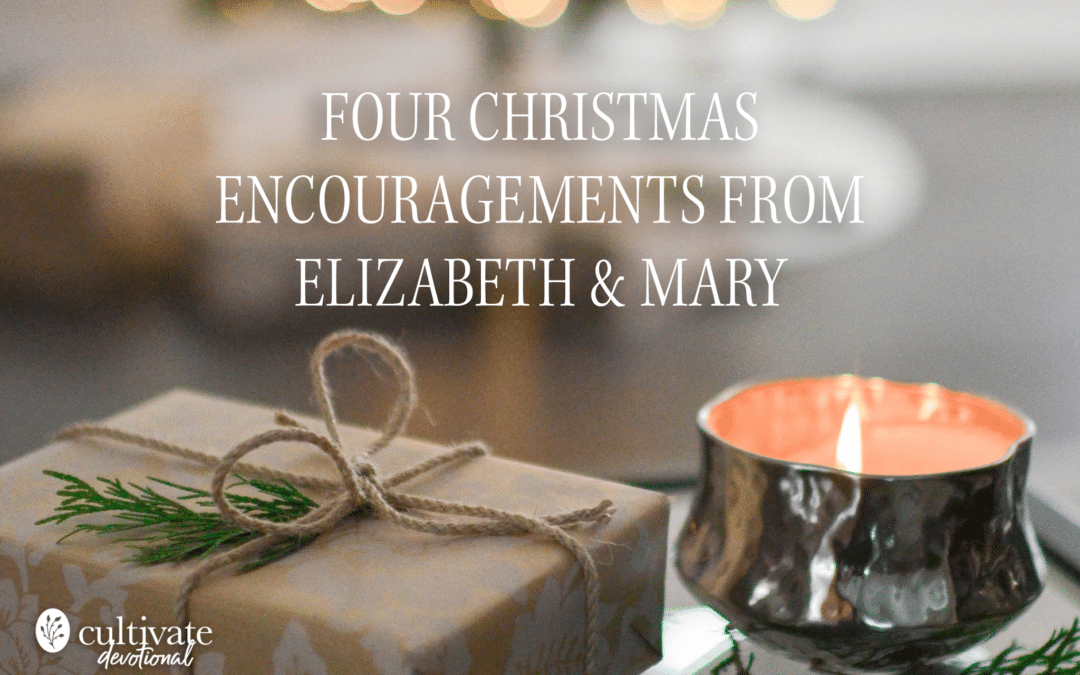
Trees By Flowing Streams
It’s that time of year again where we swap our vacation schedules for back-to-school supplies and routines. But it’s not all bad. I like the somewhat predictability of a schedule and the chance to start afresh with some new habits. Fall is the perfect time to jump into Bible study. I could give you countless reasons why, but I thought this month I would let the author of Psalm 1 convince you (The Psalm is provided at the end for reference).
To Be Blessed
Immersing ourselves in God’s Word brings blessing. The interesting thing here is that the Psalmist doesn’t use the more common word for blessed, rather he uses one that describes “the good life,” in a sense. In other words, delighting in the Lord’s words is the best way to live. It’s the flourishing, successful, plentiful way of life. It’s the “wise” way, which we’ll get to in a minute.
To Be Rooted and Flourishing
The person who delights in God’s Word, and thinks about it throughout the day, leads a full and prosperous life. I love to be settled. You wouldn’t necessarily know this about me for as much as I travel for work, but I relish the security of home. I love spending my free time with close friends and family. So I’m immediately drawn to this image of a tree planted by flowing streams of water. I love the predictability. I’m drawn to the peaches or apples or pears—or whatever is your favorite—dripping from its branches in the proper season. I appreciate that its leaves don’t wither up. (Which, side note, my fiddle leaf plant in my bedroom just dropped another leaf because I, unlike the flowing streams in verse 3, am terrible about remembering to water.)
Delighting Even More Than Doing
To study the Word of God, to enjoy it, to mull it over is to be like this healthy tree that is constantly supplied by living water. Notice the Psalmist isn’t even talking about doing what’s required in Scripture but delighting in it. Yes, we’re absolutely to obey it but the emphasis here is on enjoying it. Being in a regular Bible study helps us treasure its life-giving words. We then get to test those truths out in real life and our experience leads to further enjoyment of God and His ways.
The Wise Way
To live the “good life” means to avoid walking with people who have no regard for the ways of Christ. It means avoiding the “mocker” (v. 1). This word is specifically used in wisdom literature which tells us that that is what kind of Psalm this is. It’s a Psalm that explains the wise way of living. The smart way. The prosperous way. This means not standing in solidarity with those mock the Lord because before we know it we may end up settling in with them. You can see the progressive pattern of walking, standing, sitting. These “mockers” are not rooted. They’re not secure. They will blow away, or fall to the ground like the leaves on my fiddle leaf. But the Lord watches over the way of the righteous. What a promise. What security.
Choose a Bible study this Fall. Old Testament or New. Get into God’s Word. Plant yourself beside its waters. I’ll leave you with the words of Jerome who wrote in the fourth century, “I beg you, my dearest [sister], to live among these [sacred books], to meditate on them, to know nothing else, to seek nothing else. Does not this seem to you to be a little bit of heaven here on earth?
Psalm 1 (NIV)
1 Blessed is the one who does not walk in step with the wicked
or stand in the way that sinners take
or sit in the company of mockers,
2 but whose delight is in the law of the Lord,
and who meditates on his law day and night.
3 That person is like a tree planted by streams of water,
which yields its fruit in season
and whose leaf does not wither—
whatever they do prospers.
4 Not so the wicked!
They are like chaff
that the wind blows away.
5 Therefore the wicked will not stand in the judgment,
nor sinners in the assembly of the righteous.
6 For the Lord watches over the way of the righteous,
but the way of the wicked leads to destruction.

